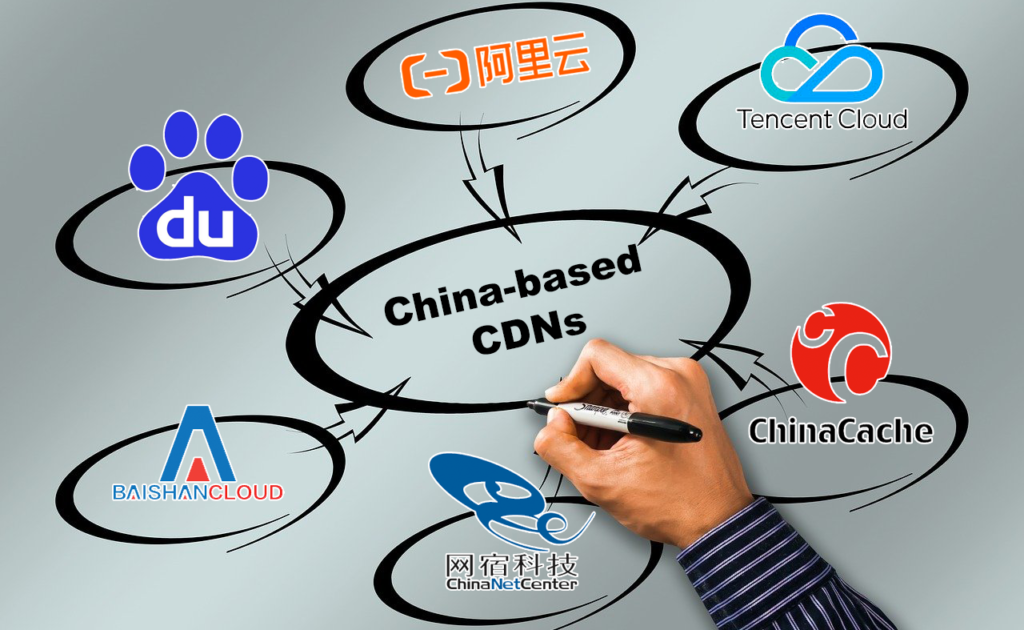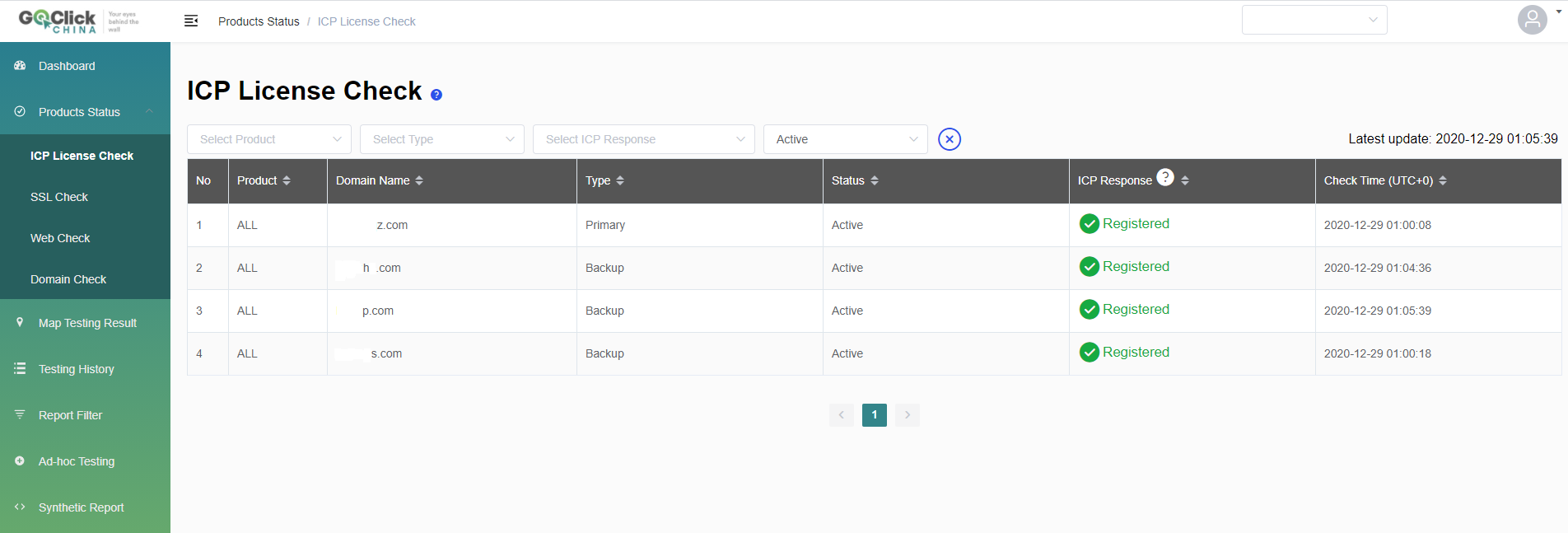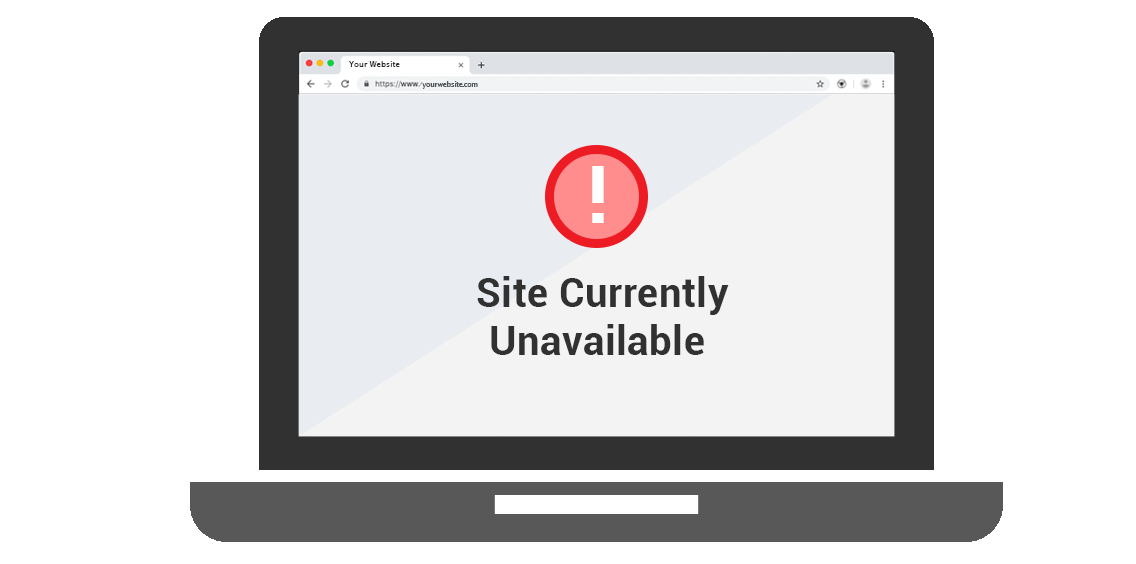In our first article about Chinese CDNs, we talked about the necessity of using CDNs to speed up your content delivery to China's cyberspace. While there are offshore CDN providers in close proximity to China, it is apparently advantageous to use a local CDN provider in China.
Major Chinese CDN Providers
There are a number of CDN providers in China, some of which are well-known names in the industry worldwide. While giants Alibaba, Baidu, and Tencent all offer their cloud-based CDN service, there are also specialized CDN providers such as BaishanCloud and ChinaCache, who are also gaining momentum on the world stage. Click here to learn more about these Chinese CDN providers.
Before you finalize the CDN to expand your business in China, make sure that you keep the geography of the CDN's PoPs in consideration. Because China is huge, it's recommended to pick the CDN that has a large amount of PoP's that cover the significant backbone ISPs.
The distance between your customers and the PoPs makes all the difference. Go for Near-China CDNs only if you have not got your ICP license or if you don't want to invest your time and efforts in pursuing significant growth in the Chinese market.
China CDN partnerships
The internet architecture in China is unique. There are three leading ISPs (internet service providers) in China that control the inside network - China Unicom, China Telecom, and China Mobile. Because of the local peering between their networks, there's frequent congestion, which causes packet losses and high latency. The network quality may vary quite a lot, even within an ISP's network across the country. This is why it is indispensable to have geographically distributed data centers across the county along with links to the major ISPs in every region to optimize content delivery throughout China.

This is when international CDN comes to the rescue. However, no international CDN has China CDN nodes. But they do have partnerships, i.e. CloudFlare and Baidu, Akamai and China Net Center, etc.
The issue mentioned above can happen even with Chinese CDNs and all the other solutions may fail, but a China-based CDN is the ultimate way to resolve this issue.
ICP licensing with partner provider
The ICP licenses are issued at the provincial level. It's essential to operate from China to acquire a license. Many foreign companies that are not able to get the license on their own, generally partner with Chinese internet companies to use their licenses.
There are two categories of ICP-related business activities divided by the Chinese government:
- Basic Telecommunication Services, i.e. BTS
- Value-Added Telecommunication Services, i.e. VATS
The Ministry of Industry and Information Technology (MIIT) issues two types of ICP numbers that are governed at the provincial level:
- ICP Filing for non–commercial websites. These are not involved in any direct sales and are informational only.
- ICP License for commercial websites. All the websites that offer services or products to customers come under this category.

It takes 20 business days on average to obtain the ICP number after submitting the documents to a hosting provider. On review, if the hosting provider accounts the records to be valid, they are sent ahead to the MIIT for added review. However, if the documents are rebuffed at either stage, the applicant is asked to submit supplementary documents.
What's important to understand is that you always need a license whether you use a partner provider or not. Effectively, the Chinese CDN will use your existing CDN as an origin. This can work well, but it's not very useful for origin response times.
Hosting and ICP Licensing
If you want your content to remain accessible, an ICP license is an absolute must no matter where you're hosting your content from. These licenses are generally provided by the hosting providers and are issued provincially. Technically, any China domain or website without an ICP license is at risk of getting a website blocked in China at any time. You must be either a Chinese citizen to apply for a personal license or a Chinese business to apply for a corporate license. In-person verification and "Know Your Customer" processes are prerequisites for both cases. As mentioned in the previous section, a Chinese partner can help foreign individuals and companies in such cases to acquire an ICP license.
Websites must have their ICP number published on the footer space. The license mentions the region that it was issued along with a unique number attached to the domain.
Keep in mind that an ICP license is not your all-clear for publishing anything you want. As a matter of fact, all that the Great Firewall of China (GFoC) controls and content rules still apply to websites with ICP licenses. Your ICP may get rescinded at the first hint of trouble, generally followed by a short block from the GFoC.

China Edge Delivery
An Edge Delivery Infrastructure is built for the companies that are not able to secure a license from inside China to deliver their content. With the edge delivery infrastructure, the content can be cached from the regional servers and then linked to the exchanges. They allow IP-peering to the networks inside China.
This circumvents the need for an ICP license for as much as you work with the Edge network providers such as 'China Telecom' which are licensed.
In the next installment of the series, we will further explore how to choose your best China CDNs.
To learn more about succeeding in China, check out our other articles.
If you want to learn more about testing in China, check out our solutions.



